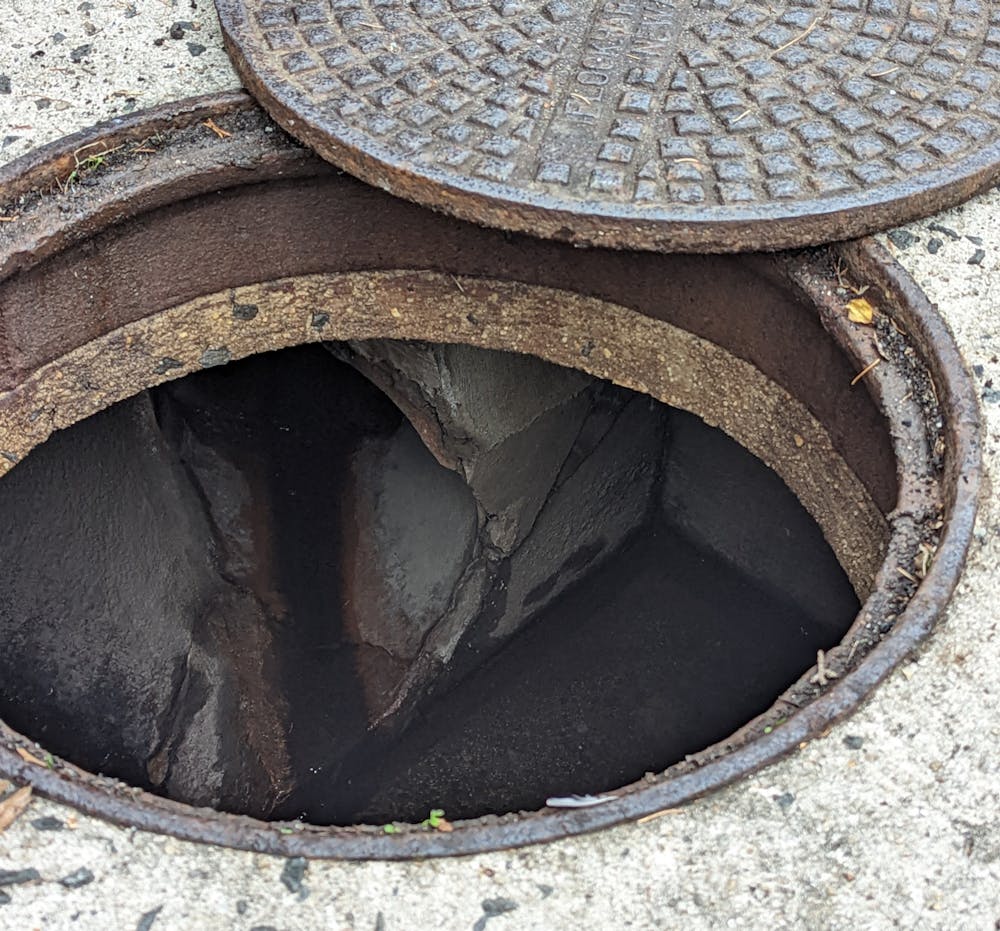The following article was written by a non-tenured Seton Hall faculty member, who was given anonymity by The Setonian to protect his identity.
I am a Seton Hall faculty member and a local community member active in the issues of environmental and racial injustices. To say that I’m disappointed in how Seton Hall is treating its neighbors in the Ivy Hill neighborhood of Newark is an understatement. As a Catholic who takes seriously the Church’s social teachings on the common good, solidarity, and subsidiarity, I am inviting the administration to respond to the very real concerns put forth by residents of the neighborhood. Seton Hall administrators should practice what the University mission and core curriculum seek to instill in students: servant leadership that is “responsive to the common good, and mindful of the example of Christ who came to serve and not to be served.”
Readers can learn about the history of the flooding regularly occurring in the Ivy Hill neighborhood and caused by Seton Hall’s past construction and stormwater runoff in The Setonian, The Gothamist (here and here), and Public Square Amplified. I have personally met with the residents and am in regular communication with them about the situation.
In short, the campus has transformed a flat green space into an elevated, paved area with multistory buildings and garages; now, the stormwater runoff in the south side of campus flows downhill into Newark’s Ivy Hill Park and the surrounding neighborhood. This creates inordinate flooding for Ivy Hill homes during regular rain events, and extreme flooding in severe rain events.
Now, Seton Hall is seeking to spend more money to construct more athletic buildings adjacent to the athletic center. This will only exacerbate the flooding. Instead of spending money to remediate current drainage issues producing this environmental injustice, the administration is going to spend money to make it worse.
Seton Hall’s treatment of Newark’s Ivy Hill neighborhood is environmental racism. In general terms, environmental racism is a form of institutional racism in which communities of color suffer disproportionately either from waste disposal, or from the effects of climate change, or both.
In this case, 2020 census demographic data demonstrate that the predominantly white and affluent community of South Orange and the institution of Seton Hall are dumping water runoff into a predominantly Black (89%) and less affluent community of Ivy Hill (data from Census website).
This is a textbook example of environmental racism by the University—even if unintentional, implicit, and regrettable. As a faculty member, I receive weekly emails from Seton Hall’s Diversity, Equity, and Inclusion Committee: reading groups, films screenings, cultural events, speaker series, seminars, announcements on multicultural celebrations, DEI Anti-Racism Trainings, and more. This is great. Now, let’s concretely enact DEI with the Ivy Hill community.
Seton Hall’s institutional statement on DEI, approved last January, speaks directly to what needs to be done. It impels us “to work for equity and justice” and practice “empathy … critical self-examination, and positive action … not only within our University, but also in our larger local, national and global communities.”
Indeed, Seton Hall’s Harvest our Treasures is a Catholic Mission-driven strategic plan. It states that “Seton Hall is dedicated to the common good.” Let us take this term seriously. Catholic social teaching understands that the common good “stems from the dignity, unity and equality of all people…[and] indicates the sum total of social conditions which allow people, either as groups or as individuals, to reach their fulfilment more fully and more easily,” according to the Compendium of the Social Doctrine of the Church. The University is failing to enact this principle in their treatment of their neighbors. It is also failing to enact the Catholic principle of solidarity, directly contradicting its strategic plan that seeks to empower all its members to advance equity, inclusion and social justice on campus and in the wider world.”
In conversations with our neighbors, they have conveyed to us their requests. I urge Seton Hall administration to consider them. Pope Francis’s encyclicals on environmental justice and fraternity and social friendship compel us, as a Catholic institution, to be neighbors in solidarity with the Ivy Hill residents. Let us model The Good Samaritan parable (Luke 10:25-37) and be neighbors through these concrete steps:
Remediate current flooding caused by the Seton Hall water runoff.
Perform a Hydrologic and Hydraulic study.
Produce an Environmental Impact statement.
Base new construction decisions on the EIS and H&H Study.
I urge the Seton Hall administration to exemplify Servant Leadership, be accountable, and practice justice. This means doing more than merely “following the law.” Seton Hall should take the lead in working for the common good in solidarity with their neighbors in Newark. What an example of Servant Leadership this would be for our students!
I urge Seton Hall to look beyond profit margins, financial capital, and monetary investments in the campus and toward the creation of a just and equitable society, which is often at odds with neoliberal market models of higher education.
As Pope Francis said in Fratelli Tutti: “To care for the world in which we live means to care for ourselves. Yet we need to think of ourselves more and more as a single family dwelling in a common home. Such care does not interest those economic powers that demand quick profits. Often the voices raised in defense of the environment are silenced or ridiculed, using apparently reasonable arguments that are merely a screen for special interests.”





